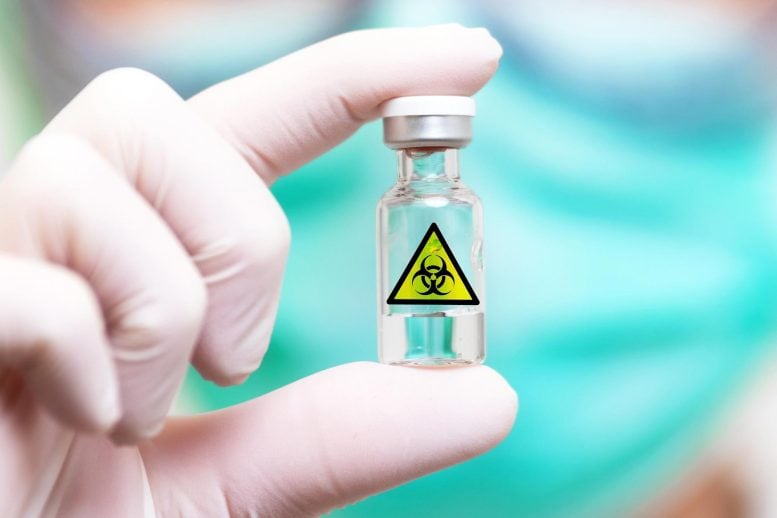
Patients taking abiraterone had a 77% higher risk of being admitted to the emergency room due to major medical issues. Patients taking enzalutamide had a 22% higher risk.
Men with advanced prostate cancer who took abiraterone or enzalutamide in conjunction with hormone treatment had a greater risk of major medical complications than those who only had hormone therapy
Researchers from Michigan Medicine found that men who underwent hormone therapy in addition to taking one of the two most common oral medications for advanced prostate cancer were at greater risk of major metabolic or cardiovascular issues than individuals who only underwent hormone therapy.
In comparison to individuals who were simply on hormone treatment, patients using abiraterone had a 1.77 times higher chance of being admitted to the hospital or emergency room for diabetes, hypertension, or heart disease. Enzalutamide users had a 1.22 times higher chance of developing these problems.
Patients on abiraterone were also more likely to need an outpatient appointment with their doctor in relation to at least one of these medical issues than those not taking abiraterone. However, this was not the case for those taking enzalutamide.
Both abiraterone and enzalutamide were shown to be generally safe in clinical trials, but the researchers decided to reevaluate the medications’ outcomes due to worries that the trial participants’ patient populations weren’t representative of those in real-world situations.
For instance, this study only included Medicare patients, and the bulk of the men were far older than those who participated in the drug’s clinical trials.
“Patients enrolled in clinical trials tend to be highly selected and often times do not reflect the patient population in day-to-day practice,” said Lillian Y. Lai, M.D., M.S., a National Institutes of Health T32 Urologic Oncology Research Fellow at Michigan Medicine and the first author of the study. “Trial participants also undergo stringent safety evaluations that some of our patients do not have access to. By studying adverse events in real-life settings, we can better understand the risks of these life-prolonging cancer treatments and help clinicians and patients make informed decisions regarding treatment.”
Since metabolic and cardiovascular conditions tend to be under the purview of primary care providers, Lai and her fellow authors recommend team-based care that involves PCPs for patients with advanced prostate cancer as a way to manage these higher risks.
“With continued expansion of the indications for abiraterone and enzalutamide to earlier stages of the disease, increasing numbers of men will be receiving these therapies for longer periods of time,” Lai said. “This will potentially amplify the scope of men affected and increase the magnitude of the risks of adverse events, making careful attention to the management of these issues crucial.”
The study was funded by the Agency for Healthcare Research and Quality, the NIH/National Cancer Institute, and the Prostate Cancer Foundation.
Reference: “Risk of Metabolic and Cardiovascular Adverse Events With Abiraterone or Enzalutamide Among Men With Advanced Prostate Cancer” by Lillian Y Lai, MD, MS; Mary K Oerline, MS; Megan E V Caram, MD, MS; Phoebe A Tsao, MD; Samuel R Kaufman, MA; Brent K Hollenbeck, MD, MS and Vahakn B Shahinian, MD, MS, 13 April 2022, Journal of the National Cancer Institute.
DOI: 10.1093/jnci/djac081









Be the first to comment on "Not So Safe: Common Cancer Medications Increase the Risk of Serious Medical Issues"